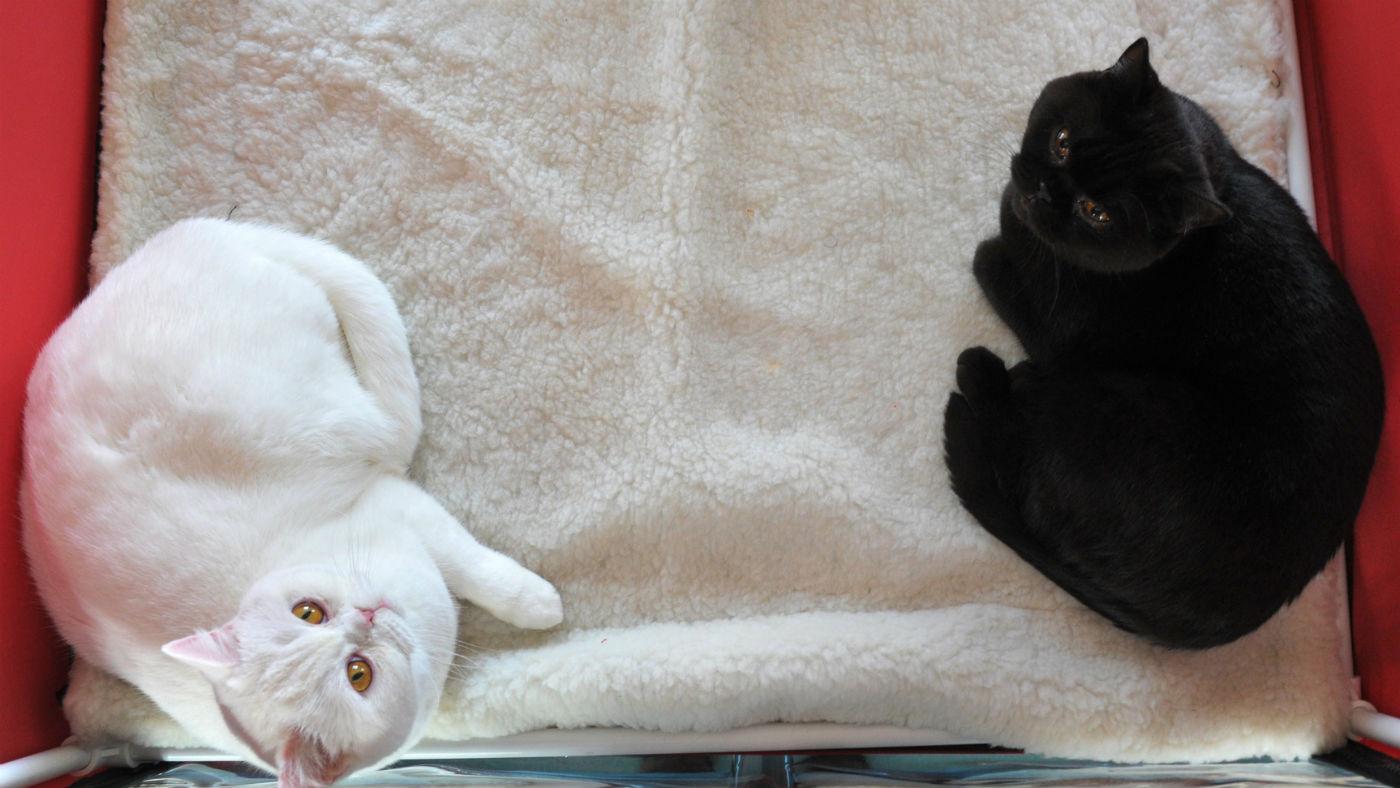Ig Nobel Prizes 2017 celebrate weirdest science research
Study arguing that cats can technically be regarded as both solid and liquid wins award

A free daily email with the biggest news stories of the day – and the best features from TheWeek.com
You are now subscribed
Your newsletter sign-up was successful
Cat video fans have long marvelled at the nooks and crannies the average moggy can squeeze into, and now a study exploring the phenomenon of flexible felines has won an award celebrating the weirdest scientific research.
The Ig Nobel prizes - a spoof of the Nobel prize - are awarded every year in a ceremony at Harvard University.
Three real-life Nobel Prize winners were in attendence to hand out awards in a variety of categories, including economics and peace, as well as scientific subjects.
The Week
Escape your echo chamber. Get the facts behind the news, plus analysis from multiple perspectives.

Sign up for The Week's Free Newsletters
From our morning news briefing to a weekly Good News Newsletter, get the best of The Week delivered directly to your inbox.
From our morning news briefing to a weekly Good News Newsletter, get the best of The Week delivered directly to your inbox.
This year’s winning physics paper, titled “On the rheology of cats”, argues that “cats can technically be regarded as simultaneously solid and liquid due to their uncanny ability to adopt the shape of their container”, says The Guardian.
The paper’s author, Marc-Antoine Fardin, said his research “raised some interesting questions about what it means to be a fluid”.
Kent GP James Heathcote took the anatomy prize, for a medical research study that attempted to answer the question of why old men have big ears.
Meanwhile, the peace prize went to a Swiss-led team of researchers for a study “demonstrating that regular playing of a didgeridoo is an effective treatment for obstructive sleep apnoea and snoring”.
A free daily email with the biggest news stories of the day – and the best features from TheWeek.com
The awards are run by the Annals of Improbable Research (AIR), a bimonthly parody science journal that satirises the world of scientific research.
Although the awards pay tribute to the wacky side of science, the Ig Nobel prizes are not intended to belittle their recipients, but rather to “highlight research that encourages people to think in unusual ways”, says Reuters.
“We hope that this will get people back into the habits they probably had when they were kids of paying attention to odd things and... deciding whether they are good or bad only after they have a chance to think,” AIR editor Marc Abrahams told the news service.
Last year’s biology prize was won by a British researcher who spent three days in the Swiss Alps living as a mountain goat.
Thomas Thwaites, 36, wore prosthetic legs that enabled him to move like a goat for the project. The Londoner said he enjoyed his time as a member of the herd, which he described as “a holiday from being human” - although he acknowledged that his work might seem “bizarre”.
-
 The Olympic timekeepers keeping the Games on track
The Olympic timekeepers keeping the Games on trackUnder the Radar Swiss watchmaking giant Omega has been at the finish line of every Olympic Games for nearly 100 years
-
 Will increasing tensions with Iran boil over into war?
Will increasing tensions with Iran boil over into war?Today’s Big Question President Donald Trump has recently been threatening the country
-
 Corruption: The spy sheikh and the president
Corruption: The spy sheikh and the presidentFeature Trump is at the center of another scandal